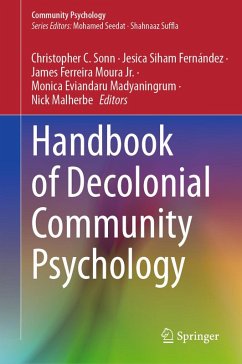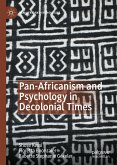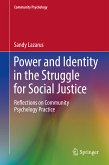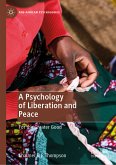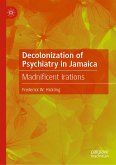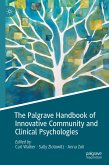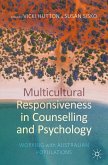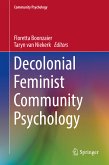The handbook illuminates the dynamic intersections between resistance and colonial legacies, foregrounding the enduring struggles against settler colonialism and racial capitalism across diverse geographies, temporalities, and histories. Underscoring the urgency of addressing inter-connected local and global challenges, such as land rights, livelihoods, and dignified existence, it offers hopeful yet critical perspectives on radical social justice struggles around the globe.
The volume brings together contributions from scholars, academics, educators, researchers, practitioners, activists, and community collaborators, and its chapters range in style and format. Some are more aligned with academic writing, while others - in the spirit of decolonizing disciplinary logics - are structured through more undisciplined, less constrained writing forms. Each author was invited to question the coloniality of power in and beyond community psychology. As such, the handbook contains productions that trouble the manifestations of coloniality both in the past and in the present, as well as in the different territories of the Majority World, particularly within settler colonial nation-states.
As a seminal work, the Handbook of Decolonial Community Psychology will further define and shape the contours of knowledge in decolonial community psychology, and inspire new generations of scholars, practitioners, students, and community organizers to advance the field with innovative ideas and transformative practices.
Dieser Download kann aus rechtlichen Gründen nur mit Rechnungsadresse in A, B, BG, CY, CZ, D, DK, EW, E, FIN, F, GR, HR, H, IRL, I, LT, L, LR, M, NL, PL, P, R, S, SLO, SK ausgeliefert werden.

